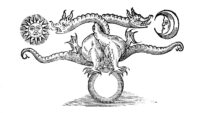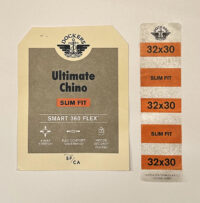My daughter and her husband are on their honeymoon. They didn’t go to Paris or to London or to Rio de Janeiro. They went to Vietnam.
For those of you too young to remember, Vietnam is the place that many link to America’s only lost war and greatest military humiliation. As evidenced in the Pentagon Papers released to the public by former Marine turned Rand Consultant turned war critic Daniel Ellsberg, such fears of humiliation fed increasingly greater military involvement from President Harry Truman in the early 1950s to President Richard Nixon in the middle 1970s. They, and all the presidents in between, knew that the war in Vietnam could not be won and that the majority of Vietnamese supported independence from Western powers. But the fear of humiliation was so strong that over 50,000 American soldier’s lives were lost, along with hundreds of thousands of Vietnamese lives.
Fear of humiliation was cloaked in arguments about “the domino effect,” that defeat in Vietnam would result in the communist domination of the entirety of Southeast Asia. This point of view so overwhelmed public discourse that it became the conventional wisdom of the day, and such logic is still used to justify American military adventures, no matter how ill-conceived and poorly supported they may be.
So it is with some great sense of irony that in her e-mail to us, our honeymooning daughter recounts their visit to underground caves and tunnels which once housed and provided sanctuary to members of the North Vietnamese army; their eco-lodge weekend at the border of China in what used to be North Vietnam and the home-cooked dinner they shared with the family of a woman they met in Hanoi. Born in 1971 as the Vietnam War was drawing to a close (meaning Americans scrambling to board helicopters from the rooftops of buildings in Saigon, now Ho Chi Minh City), our daughter carries none of the dark memories of those of us who lived our youths in the gloomy shadow of that war.
Vietnam, of course, has a history that goes back for thousands of years. The Western colonial period occupies just a small slice of its history of foreign domination, which includes 1,000 years of Chinese rule. However, I cannot help being struck by her choice of honeymoon location, and that so much American anguish has come down to tourist dollars. It is both disturbing and strangely comforting. The money wasted, lives destroyed, and political consequences still reverberate today by feeding militarism, fears of communists and Asian power. Yet as an absolutely ordinary honeymoon destination with guided tours, t-shirts and nice hotels, Vietnam dispels the myth that underlies the domino effect.
At heart, human culture shares a love of peace and tranquility. Whatever the history of a region, given enough time and lack of political interference, people return to their roots of goodness. This is as true in Vietnam in its welcome of Americans as it is of Japan and Germany, our enemies in World War II. It will be true in Iraq and Iran some day. Whatever political philosophy may be dominant for a time, people always gravitate to the innate quality of decency with which all human culture is irreparably infused.
If there is truly any domino effect, it is the domino effect of peace.
We welcome your feedback. For general feedback or to contact one of our columnists, please visit the Contact the Columnists Page at www.sonomasun.com.




